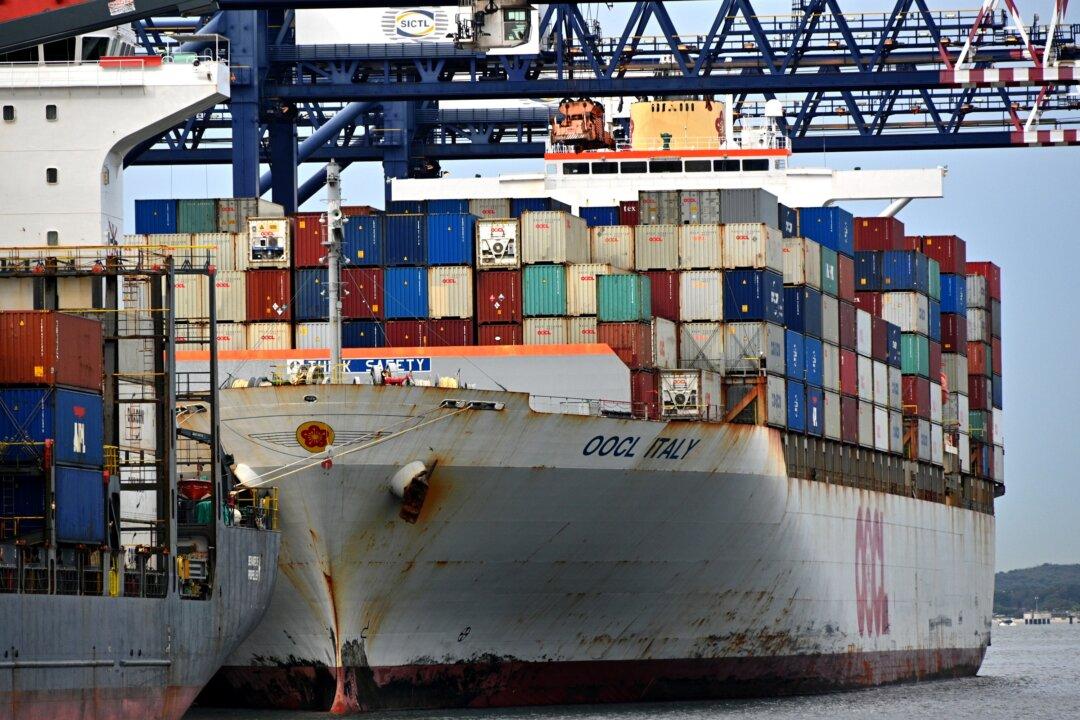Supply chains in Australia are on the edge of a new crisis that may put Christmas at risk due to an escalating industrial dispute between a towage operator and unions.
On Nov. 14, the Danish tug boat company Svitzer, which is the largest employer of seafarers in Australia, announced that it would lock out about 590 workers–half of its workforce–in 17 metropolitan and regional ports across the country starting from Nov. 18.





